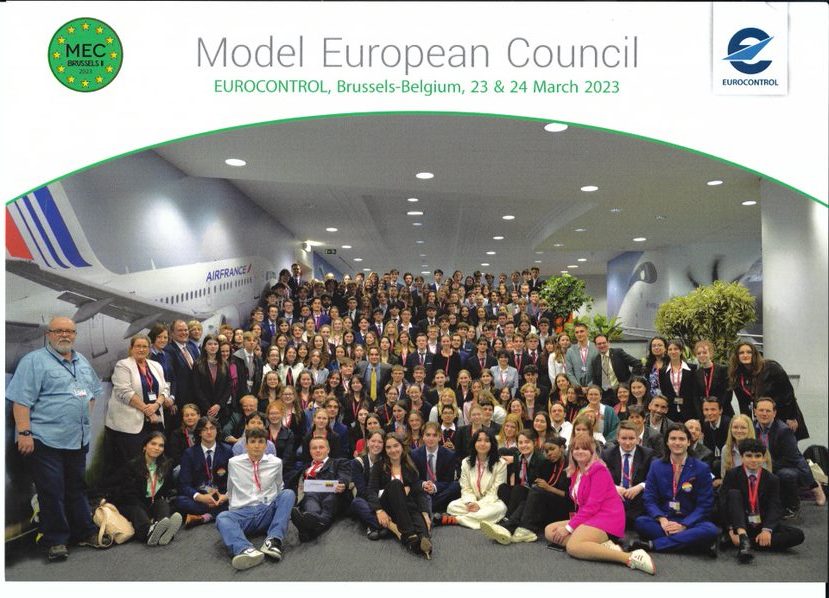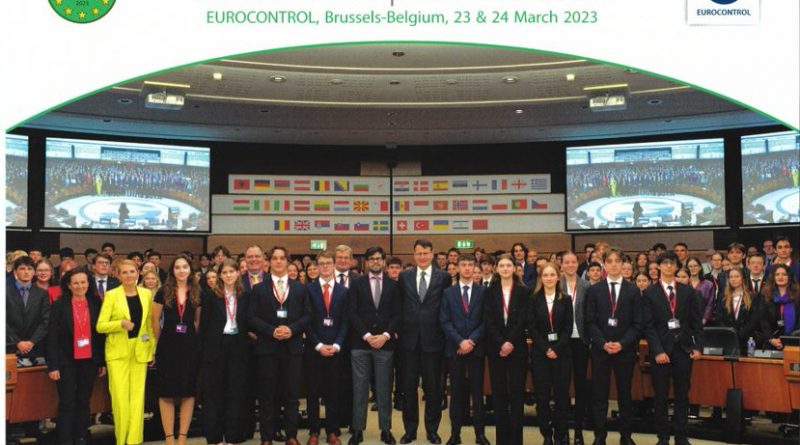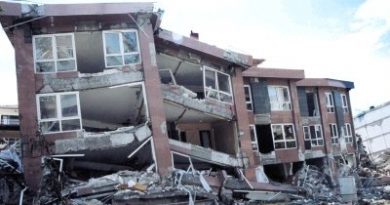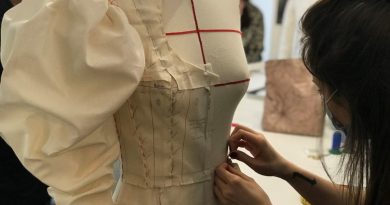MEC 2023 in Brussels
The latest Model European Council, which took place between the 22nd and 24th of March 2023, was a highly anticipated event. It brought together representatives from various European schools, including Brussels I, II, III, and IV, Luxembourg I and II, Strasbourg, Munich, Mol, Frankfurt, Alicante, Varese, Karlsruhe, and Bergen. The teams consisted of five individuals each, altogether representing all EU member states. This year, Sweden held the presidency of the Model European Council.
The main goal of the event was to simulate the workings of the European Council, with each team taking on the role their country’s ministers in five different councils. These councils were organized to discuss specific topics:
- Council one focused on digital security and solidarity with Ukraine. The discussions centred around measures to strengthen the EU’s cybersecurity and the need to support Ukraine in the war against Russia.
- Council two tackled military cooperation and international relations. The teams discussed ways to increase military cooperation within the EU and enhance the EU’s role in international affairs.
- Council three focused on securing energy and introducing a digital euro. The proposals discussed included measures to ensure the EU’s energy security and introduce a digital euro to enhance the efficiency of financial transactions.
- Council four discussed digitalization and human rights. The teams debated ways to ensure the protection of human rights in the digital age, address issues concerning the implementation of a widespread use of AI and promote the equal treatment of all citizens.
- Council five focused on clean energy and food security. The discussions centred around measures to promote sustainable energy, reduce greenhouse gas emissions, and facilitate the transition towards a more sustainable EU.

The Model European Council was structured to enable the students to deliberate on the proposals put forward by the Commission, debate several amendments, and come to agreements. The discussions were intense, with each team striving to represent their country’s best interests. Despite some challenges, the teams were able to work together, negotiate, and find common ground.
Overall, the Model European Council was a highly productive event. It demonstrated the EU’s commitment to unity in diversity and the importance of collaboration in addressing the pressing issues Europe is facing today. Such an event is an excellent platform for nurturing the next generation of European leaders and fostering a deeper sense of European identity and solidarity. The Model European Council provides a unique opportunity for young people to engage with the workings of the EU, enhance their knowledge of European politics, and develop essential skills such as negotiation, critical thinking, and teamwork as well as form connections with fellow European School students and make unforgettable memories.
Natasza Kundycka / S7PL / EEB1 Uccle




